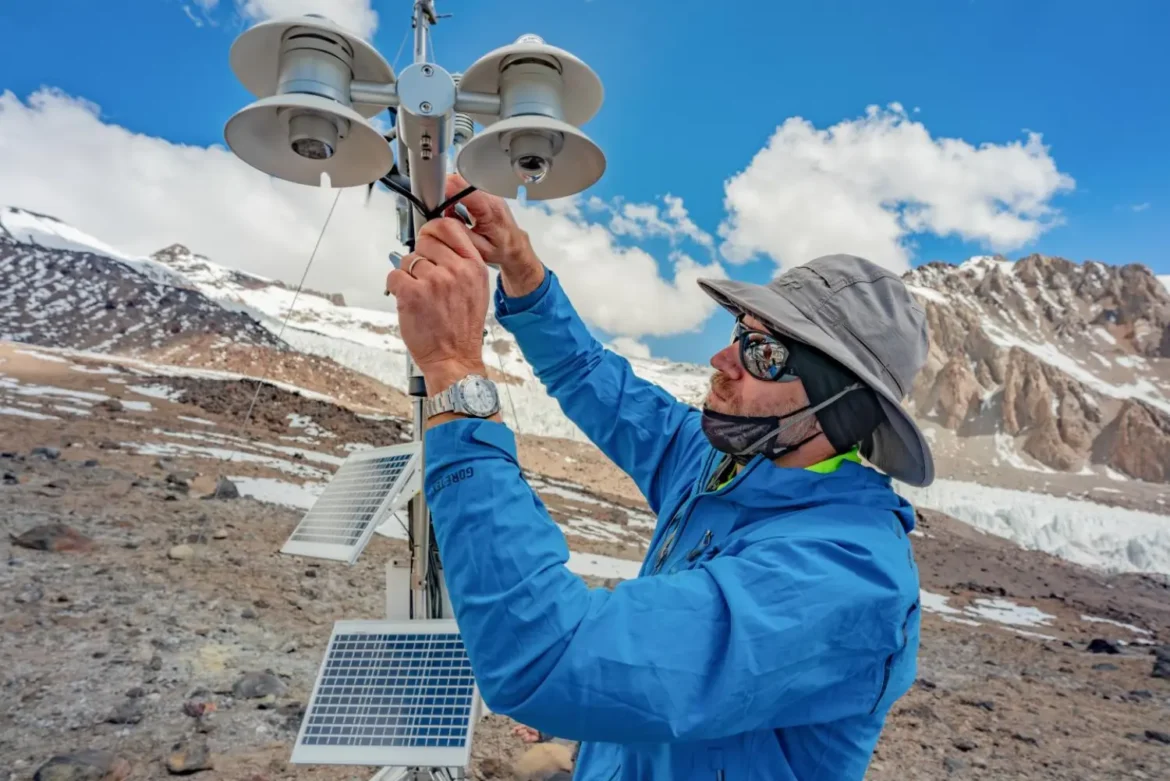Climate science is a crucial field of study in the United Kingdom, focusing on understanding environmental changes and their effects on ecosystems, weather patterns, and human societies. UK researchers study global and local climate trends, greenhouse gas emissions, and the interactions between the atmosphere, oceans, and land. Scientific institutions, universities, and government agencies collaborate to provide data, model future scenarios, and develop strategies to address the impacts of climate change. Public awareness and engagement in climate research have increased, with educational programs, citizen science initiatives, and interactive platforms providing access to information.
Weather monitoring and atmospheric research are key aspects of climate science. UK meteorologists and environmental scientists track temperature, rainfall, wind patterns, and extreme weather events. Long-term data collection allows researchers to identify trends, improve forecasting models, and assess potential risks. Observatories, weather stations, and satellite monitoring systems contribute to accurate, real-time information, supporting both scientific research and practical decision-making in agriculture, transport, and disaster management.
Oceanographic research complements atmospheric studies, examining the role of seas and tides in climate systems. British scientists study ocean currents, temperature fluctuations, and sea-level changes to understand their influence on weather patterns and ecosystems. Research into marine biology and coastal environments provides insight into the effects of changing ocean conditions on biodiversity and human communities. By connecting ocean science with climate data, the UK contributes to a comprehensive understanding of environmental change.

